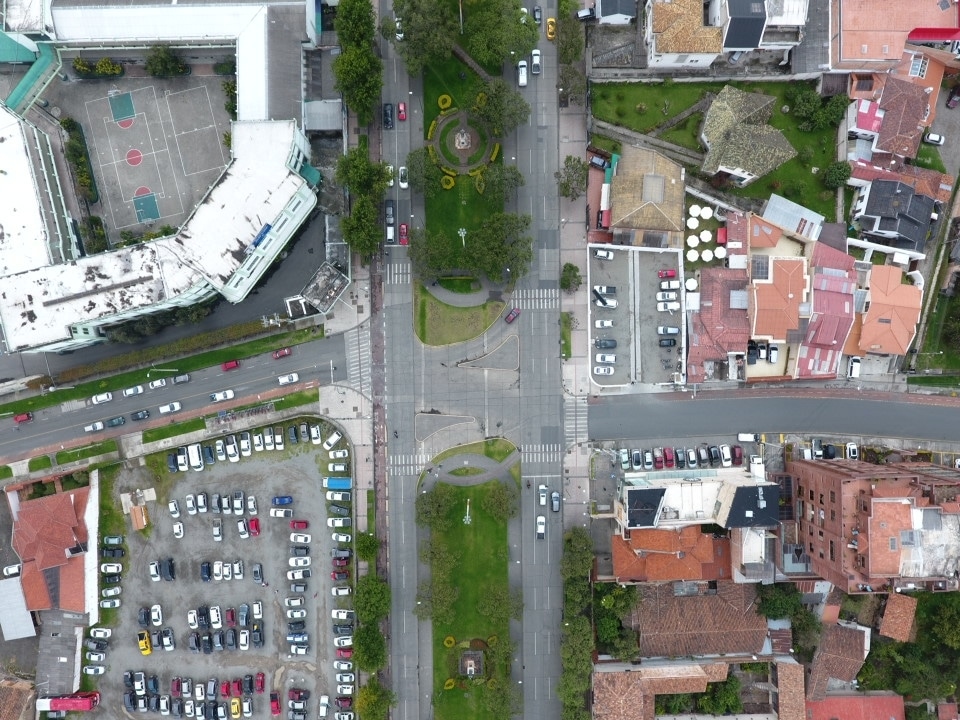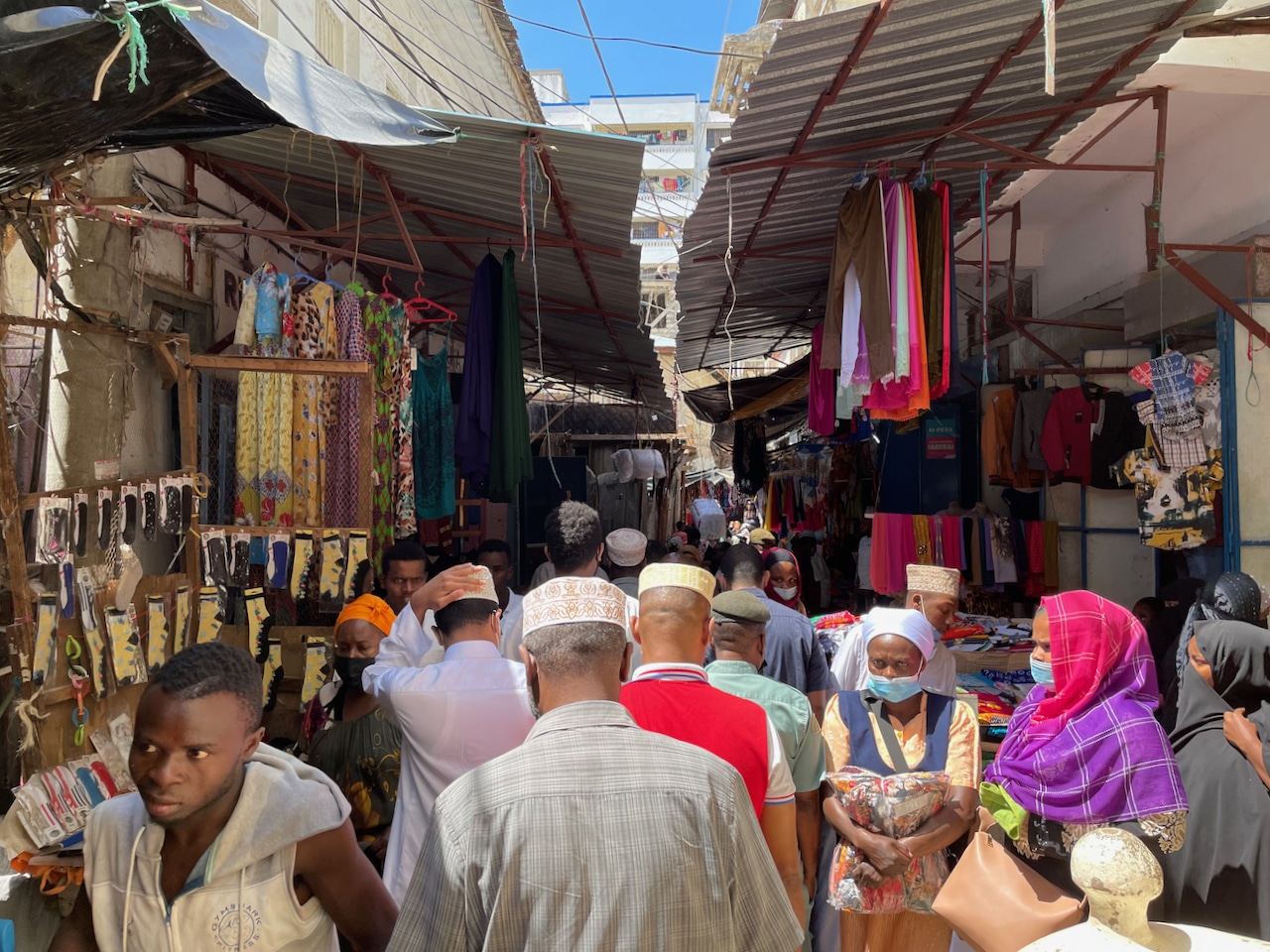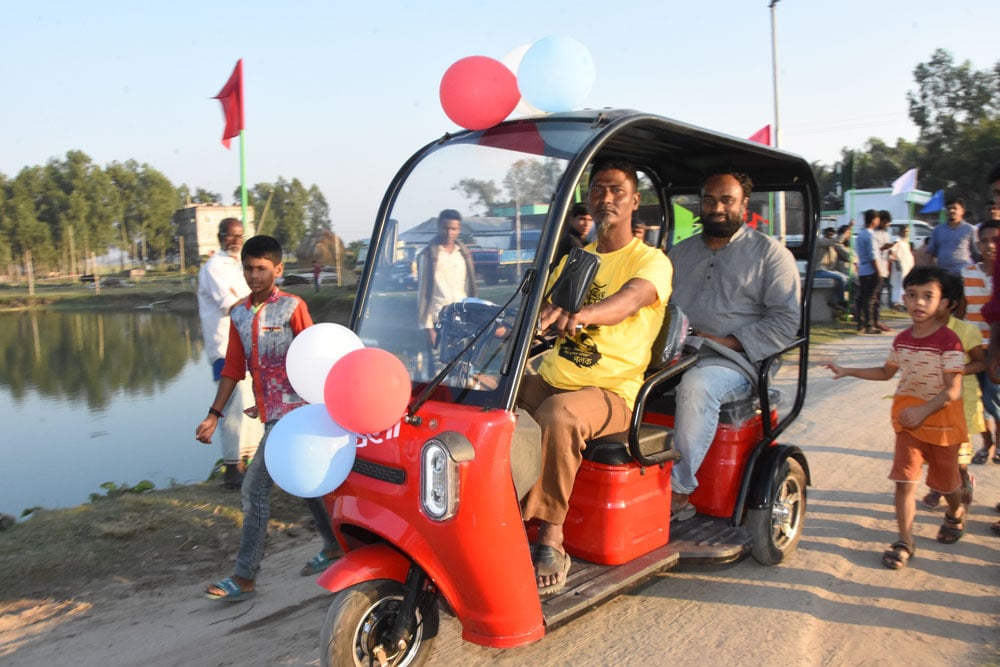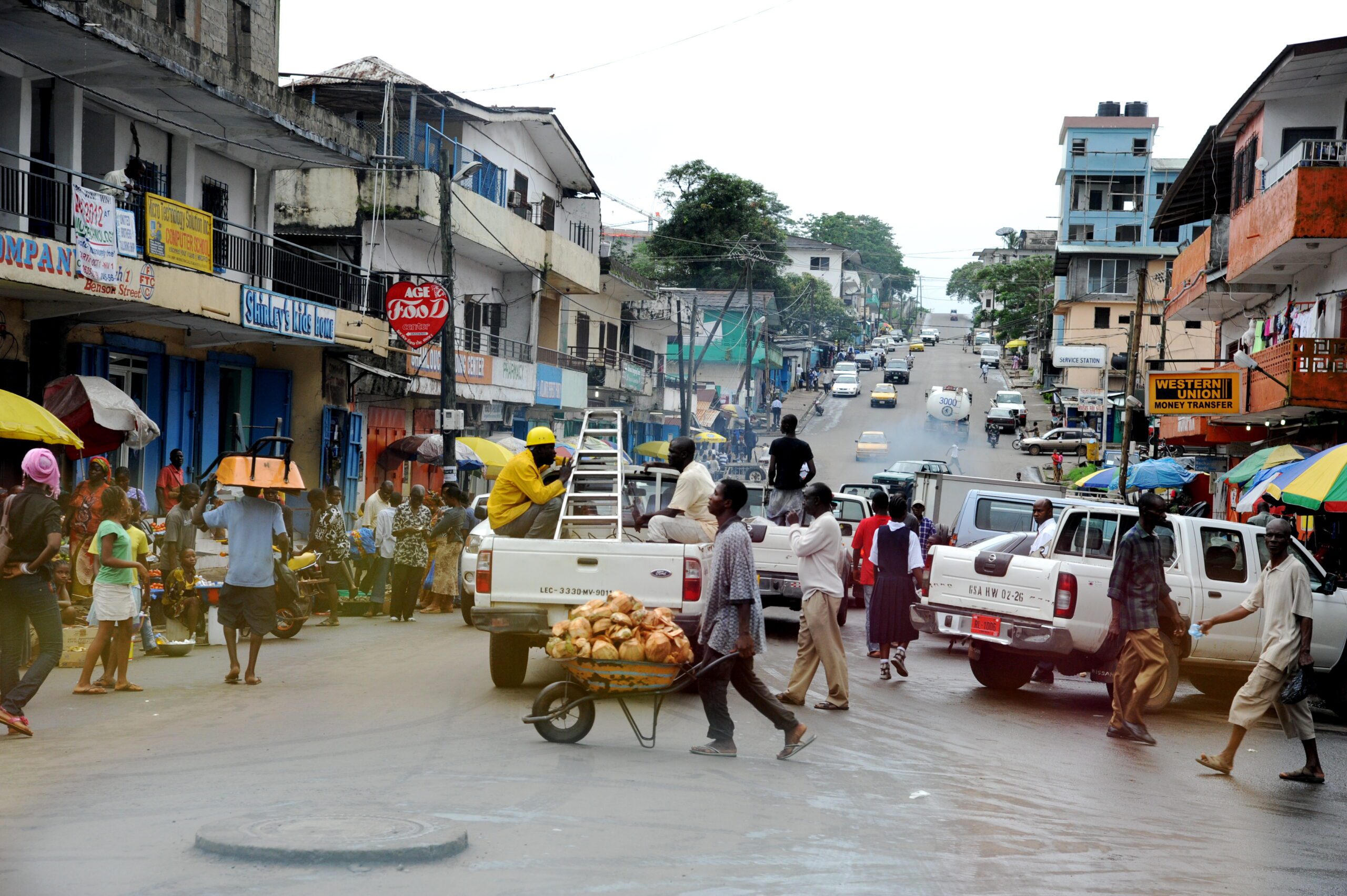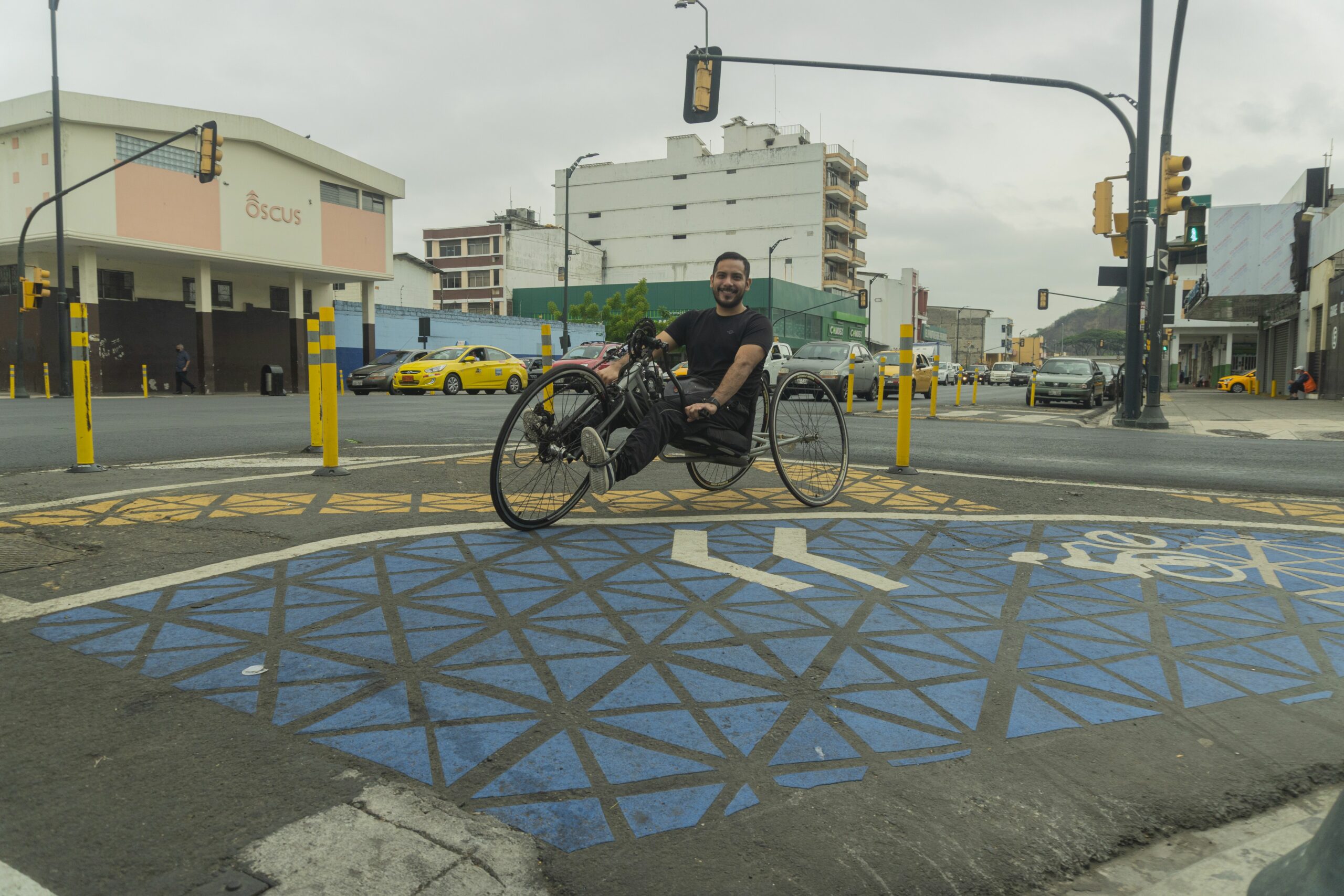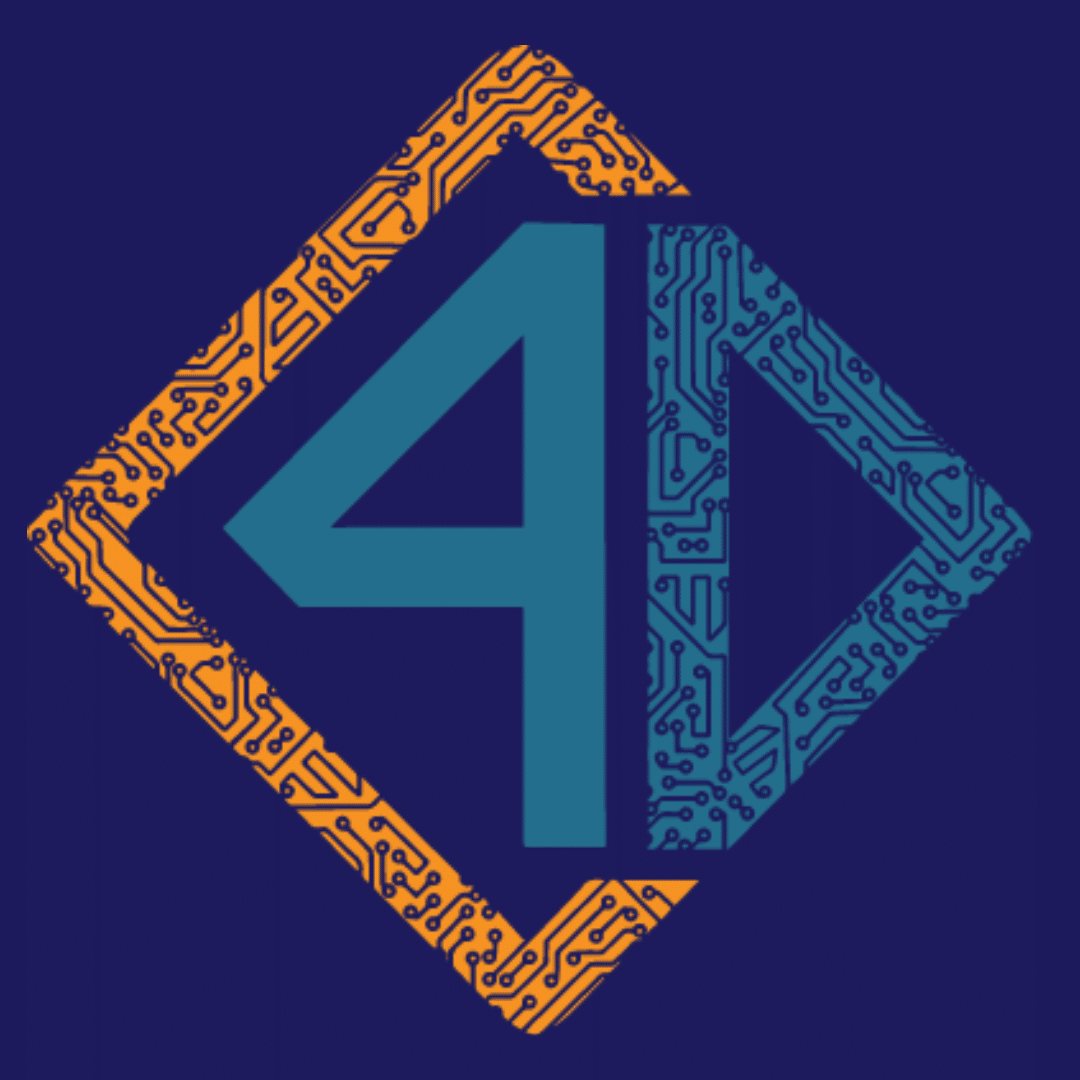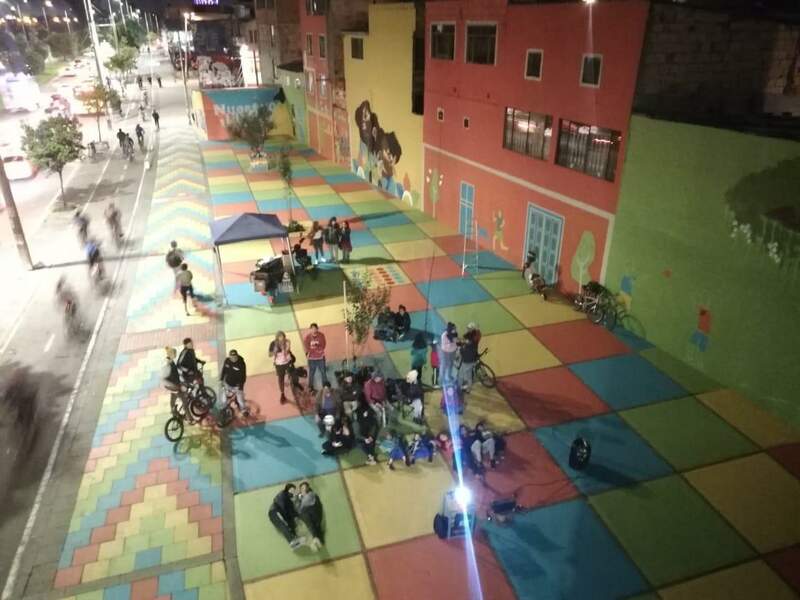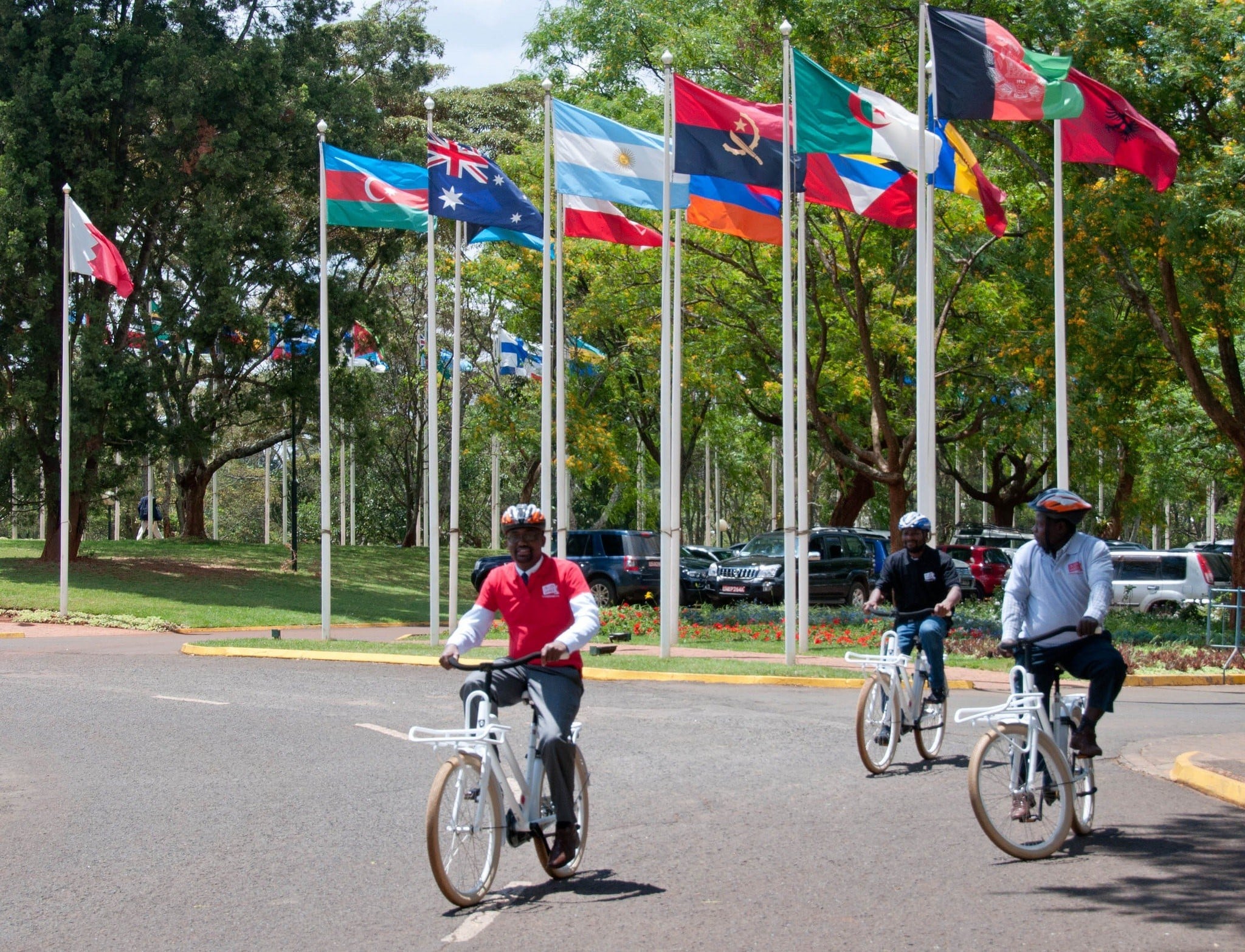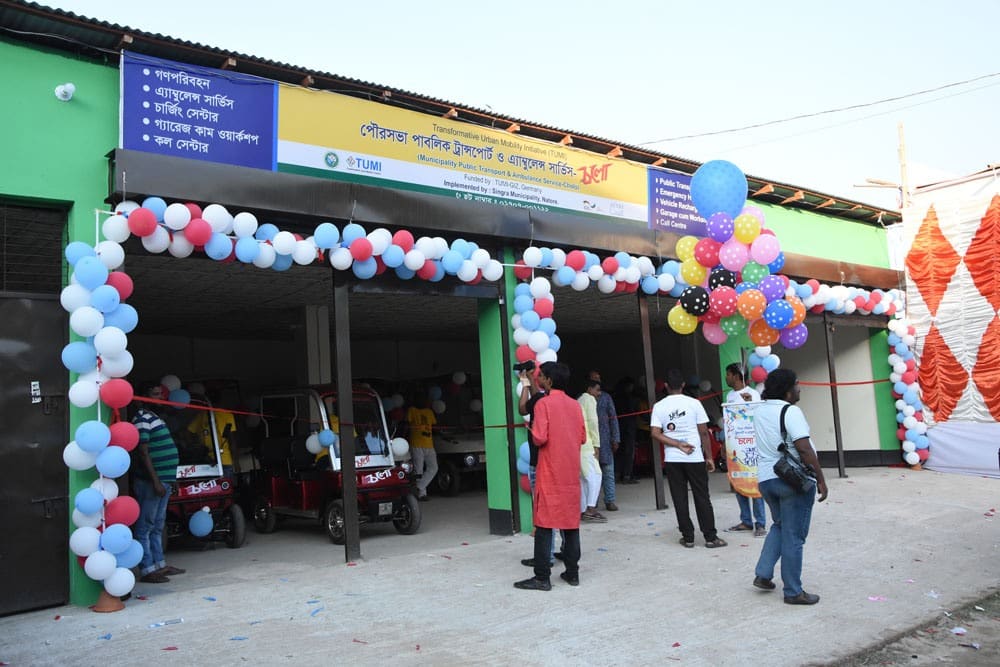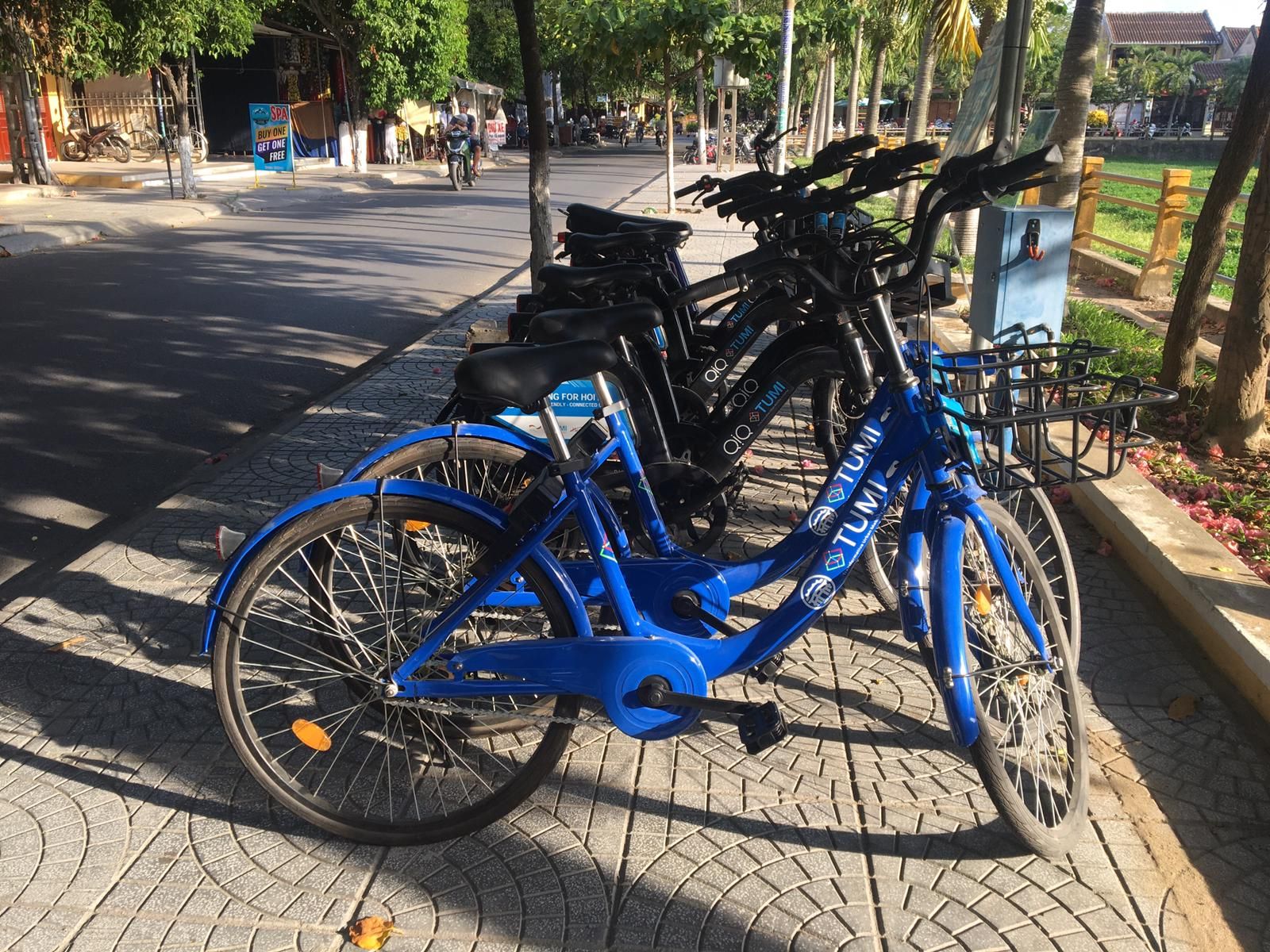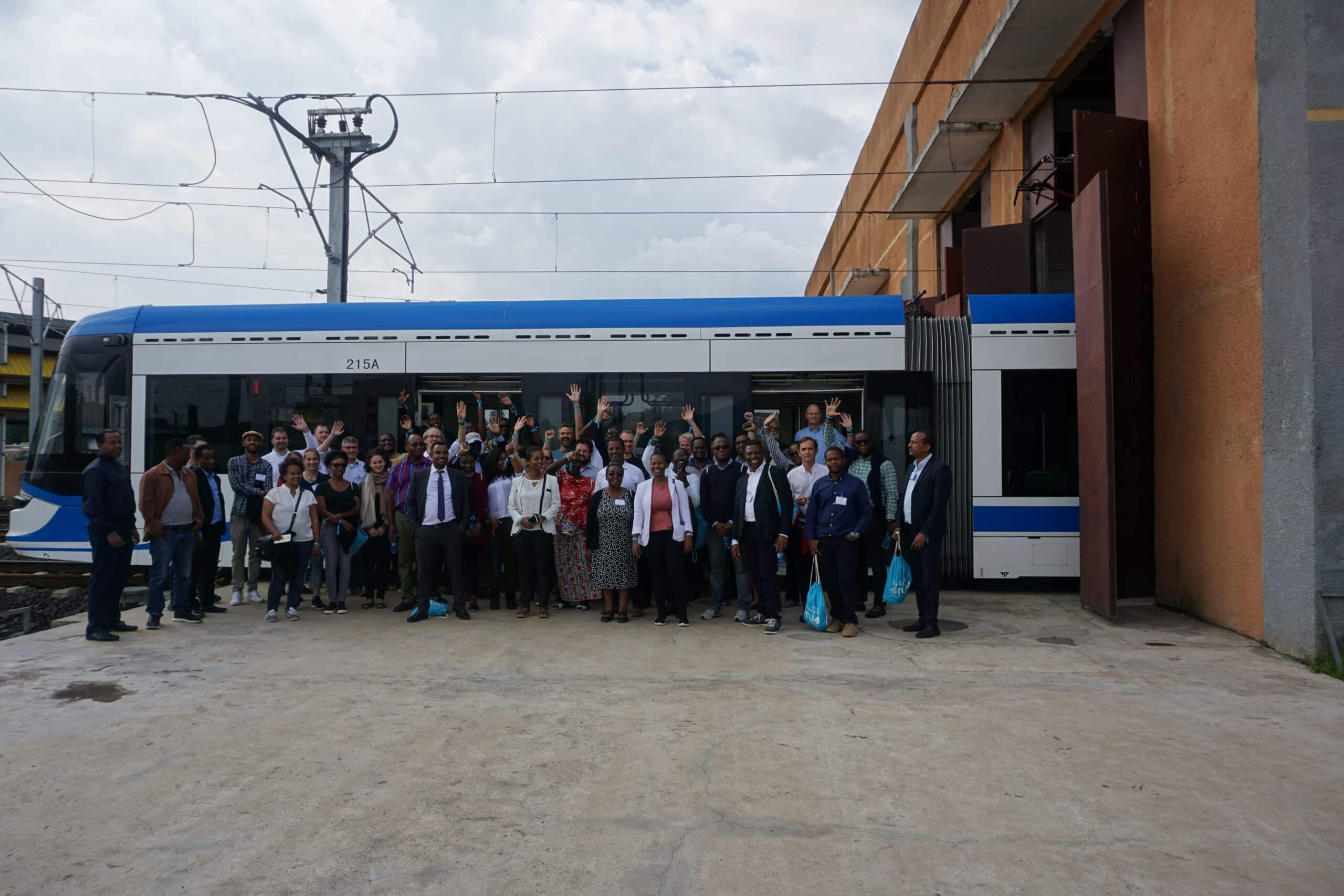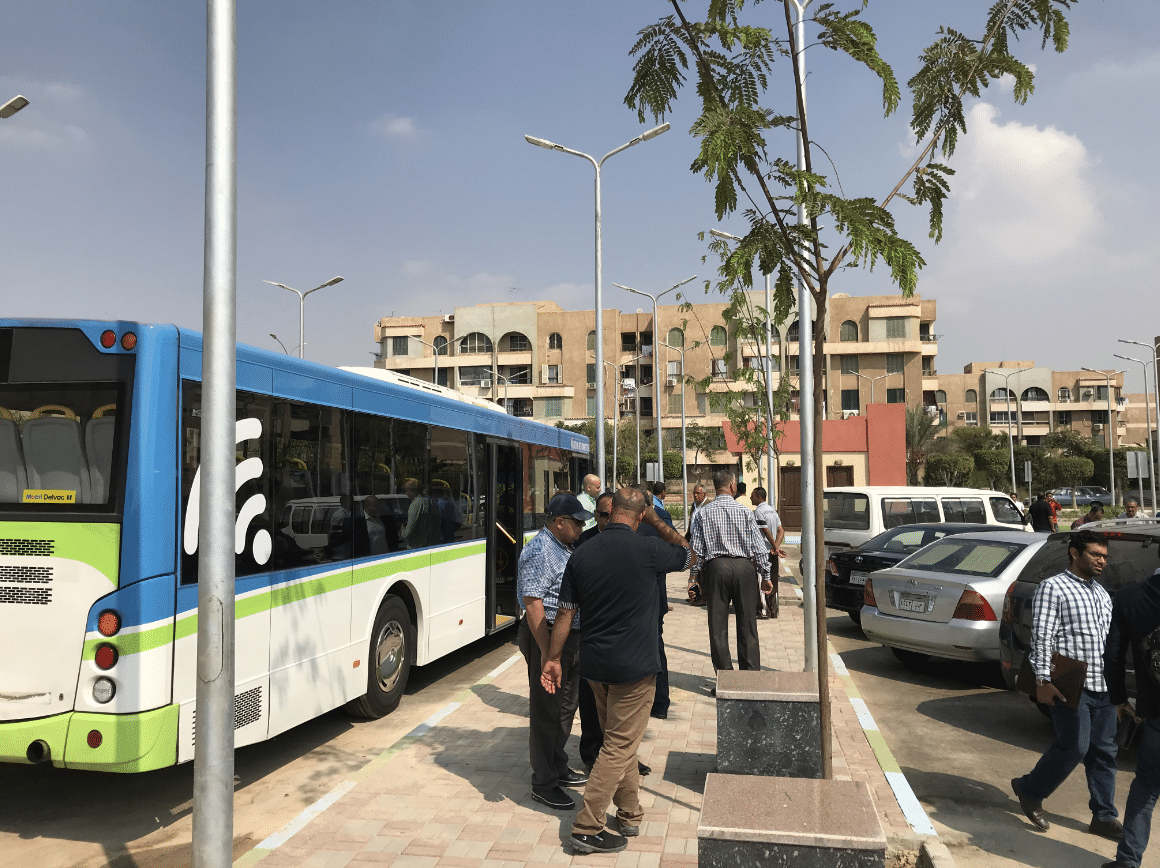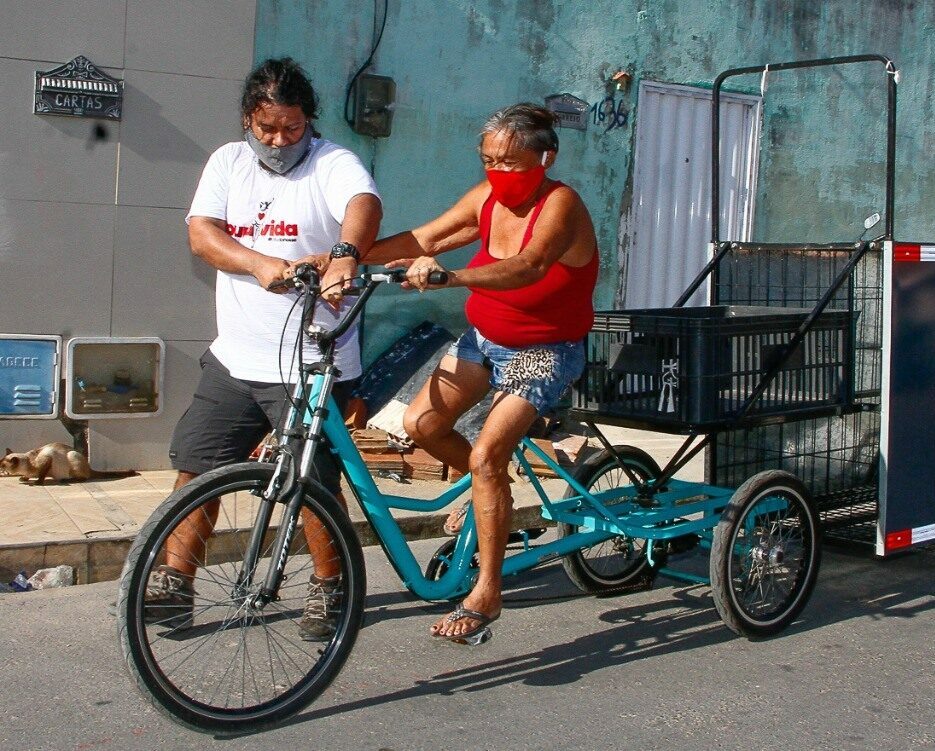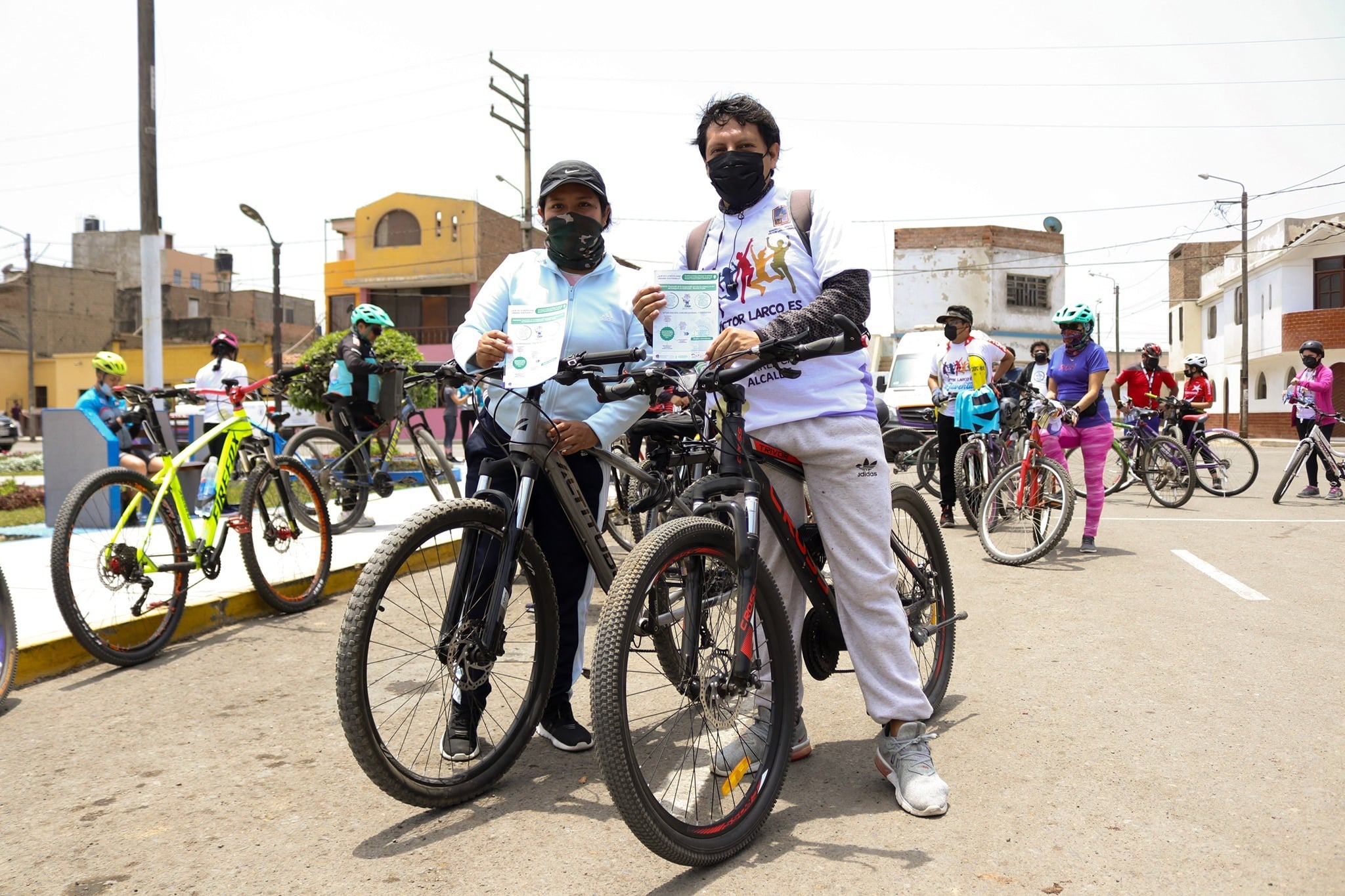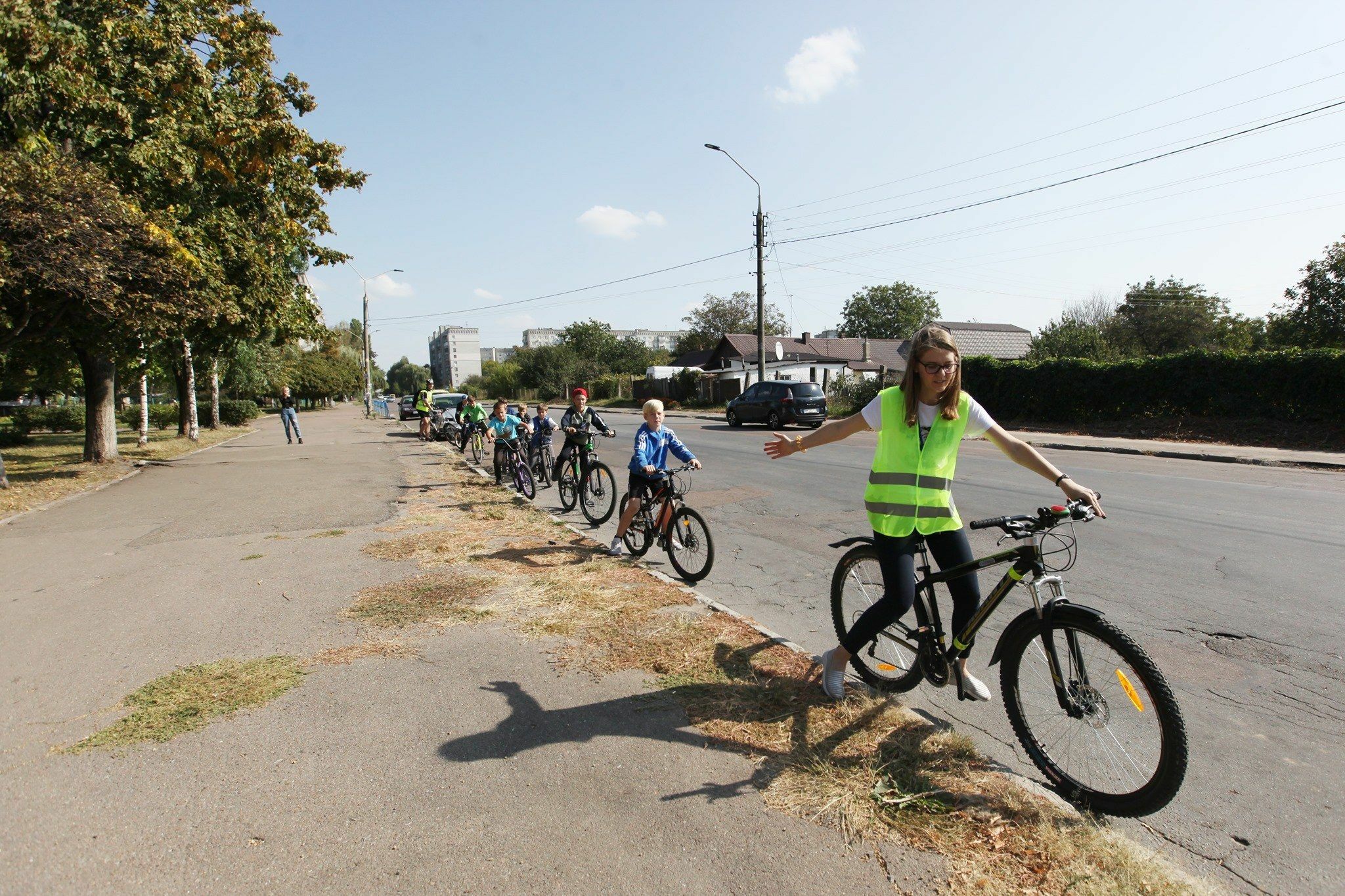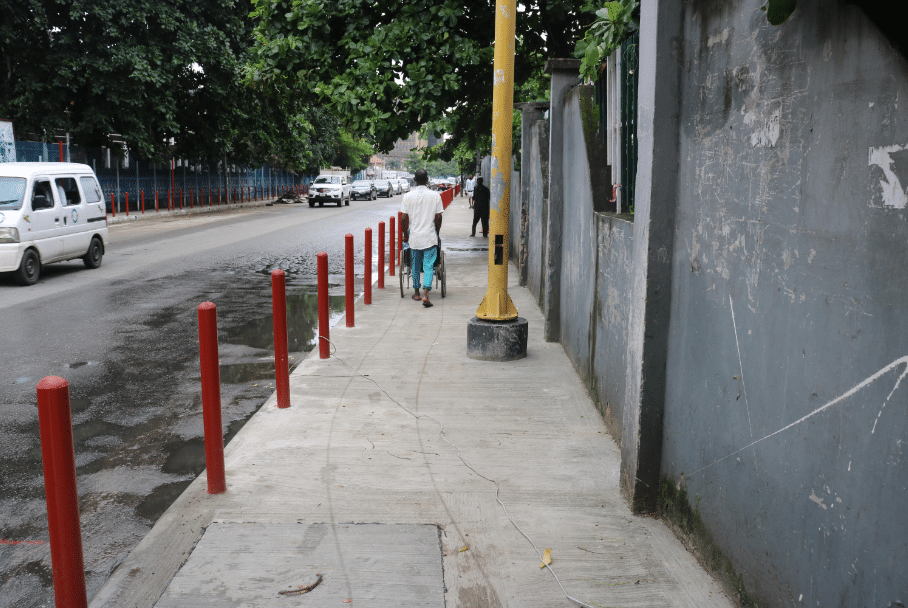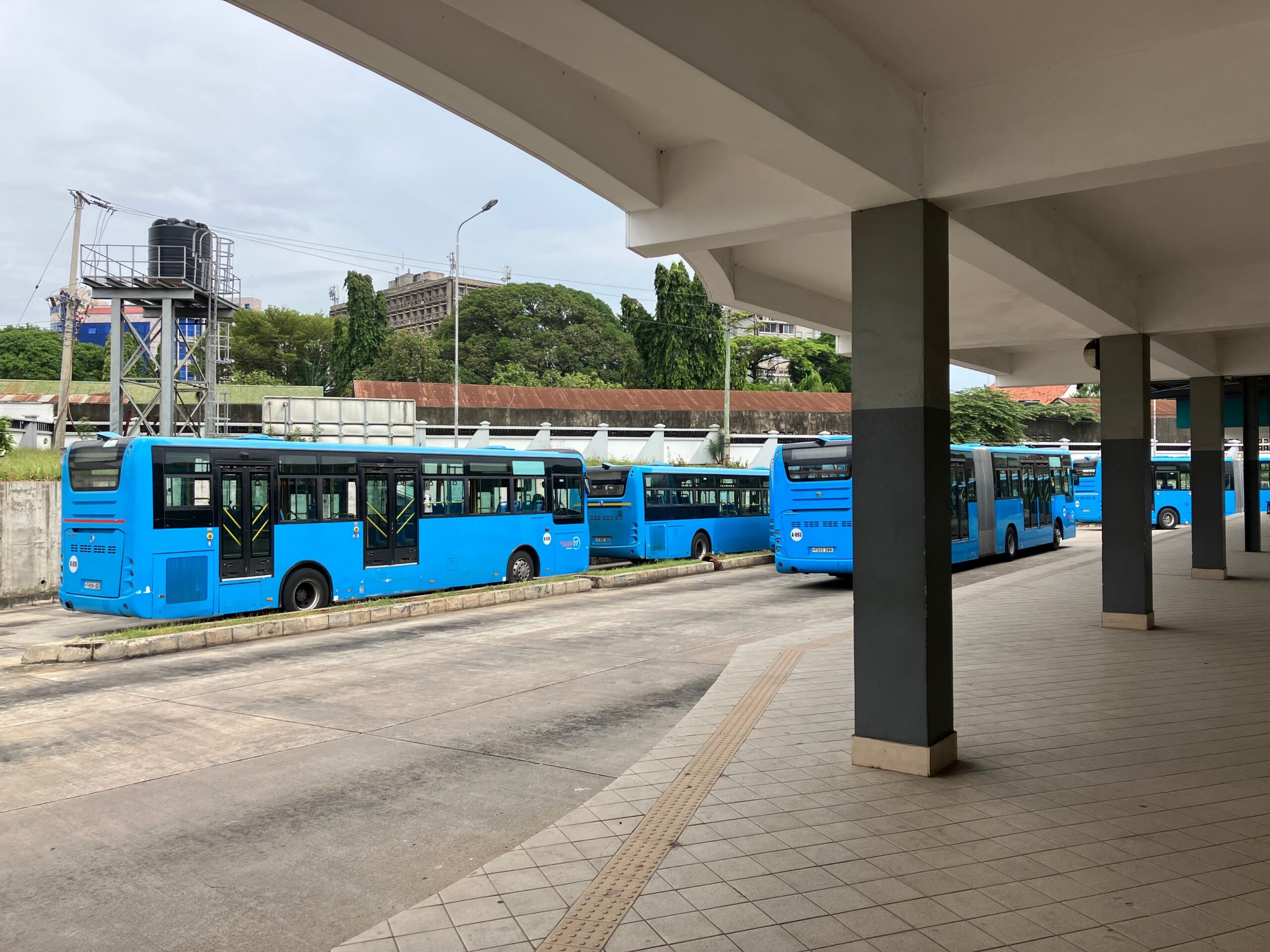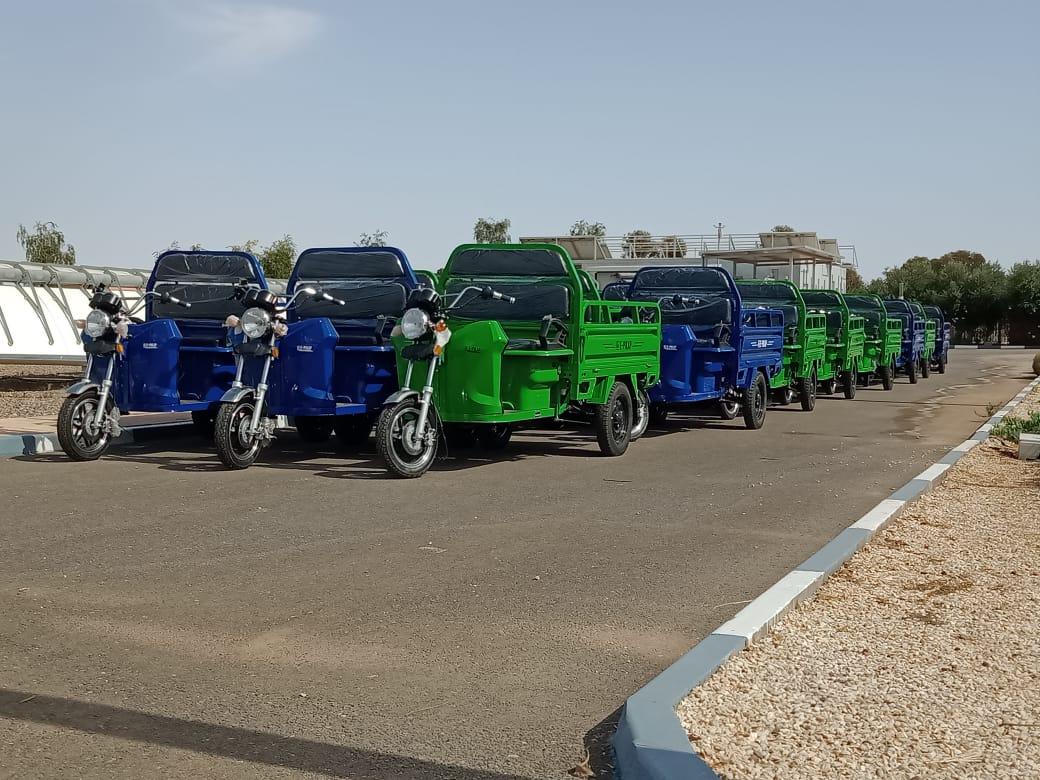TUMI Challenges
TUMI supported cities in achieving their sustainable mobility goals through the TUMI Challenges. Cities in developing countries and emerging economies faced bigger challenges than ever before. Innovation was not optional anymore; it was necessary so that cities could continue to deliver results and improve the lives of their residents.
Looking ahead, TUMI is committed to further supporting cities in their quest for sustainable mobility. With technological advancements and a rapidly changing world, innovation is more important than ever before. TUMI is dedicated to bringing new and innovative solutions to the table, empowering cities to overcome their mobility challenges and create a better future for their citizens.

